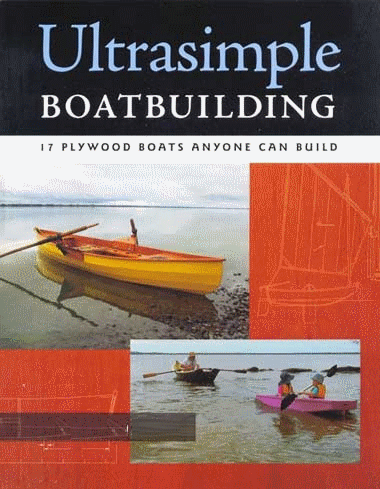We left Morelia around mid-morning on March 24th, headed toward Patzcuaro. Wed heard that the lake of the same name is a beautiful place, dotted with islands and that the town is something of a hangout for American and Canadian expats. We had also read about the recent trouble there but locals in Morelia told us that all of that is in the past, and the town has been peaceful since February.
We arrived in Patzcuaro around noon and discovered that the town isnt really built on the lakeshore and isnt quite as picturesque as we had expected. The place was crawling with Policia Federales, Policia Estado, Policia Transito and Policia Municipal though. No shortage of guns here.
After about 20 minutes in town we decided to head north along the eastern shore of Lake Patzcuaro in search of beautiful vistas and perhaps a margarita as well. We found the vistas but no margaritas. So we continued on to Lake Chapala another couple of hours up the road.
 |
| Isla de Jinitzio rises from the lake. It is topped by a 140 foot statue of Jose Maria Morelos, who was a hero in Mexicos fight for independence from Spain. You can climb a spiral staircase up the inside of the statue and look out over the lake from windows in the raised fist of the statue. |
 |
| Patzcuaro is said to be an upscale town, but here on the eastern shore of the lake there were few signs of wealth. This fisherman told me that things were bad now because the lake is low and the fishings not good. |
 |
| Tools of the Patzcuaro fishermans trade |
We stopped at a small settlement where there was a pier for panga-sized island ferrys and a few fishing boats. This was about halfway between the towns of Patzcuaro and Tzintzuntzan (pronounced zin-zoon-ZON, I like the name). Aside from these places, the countryside was farmland on the right and the coffee colored lake on the left. With that we left Lake Patzcuaro and headed northwest toward Laguna de Chapala.
Lake Chapala is Mexicos largest freshwater lake. It is about 50 miles long in the east-west direction and 8 miles wide in the north-south direction, and lies at an elevation of 5,000 feet above sea level. We headed toward the north shore of the lake with plans to stay in the town of Chapala and visit the neighboring town of Ajijic the next day.
We took the back way into town and were rewarded with several miles of rough cobblestone and dirt roads before we got into town but it was worth it to see the working farms up close as we bounced past. Chapala, with a population of about 45,000 is a good sized town and sports a beautiful lakefront malecon. We took rooms at the beautiful Hotel San Francisco, just across the street from the waters edge. After getting our bags stowed in our rooms we went out to the the hotel bar which is situated in a beautiful garden and ordered a pitcher of margaritas (Ed and I are still searching for the perfect one), but believe it or not, the hostess informed us that the hotel was out of tequila! So off we went downtown searching for a meal and a drink. We found what appeared to be a good restaurant and ordered dinner and a pitcher. The meal turned out to be mediocre at best, and were still looking for a decent margarita.
 |
| White pelicans on Lake Chapala |
This area has long been a haven for American and Canadian expats, with at least 15,000 of them living here. The weather is said to be among the best in the world and we were certainly blessed with beautiful, mild weather while we were there. One of Chapalas claims to fame is that the famous playwright Tennessee Williams set up shop here for a while in the late 1940s and banged out one of his most famous plays, "The Poker Night" from the shores of this beautiful lake. Never heard of "The Poker Night"? Neither have I, but somewhere along the way it was renamed "A Streetcar Named Desire".
Ajijic (pronounced ahi-HEEK), just a couple of miles down the road from Chapala, is the center of the expat community. The place is crawling with gringos, American stores, restaurants and other trappings of the US and Canada. The homes here are mostly beautiful places surrounded by high walls topped with electric fences or shards of glass embedded in the tops of them. I do not find electric fences attractive even if they are attached to beautiful handmade stone walls. We stopped at a waterfront hotel and were warmly greeted by the staff even though we had no intention of staying there. The place was beautiful and I was tempted to try one of their margaritas, but the sun wasnt nearly over the yardarm yet so instead we got back in the car and headed out on the last leg of our journey back to La Cruz.
.jpg) |
| Beautiful pool at a waterfront hotel in Ajijic. The place was nearly empty. |
We arrived back in La Cruz around 7:00pm and found Finisterra just as we left her. The next day we started getting ready for a quick passage to Mantanchen Bay and then to one of my favorite cities, Mazatlan.






.jpg)
